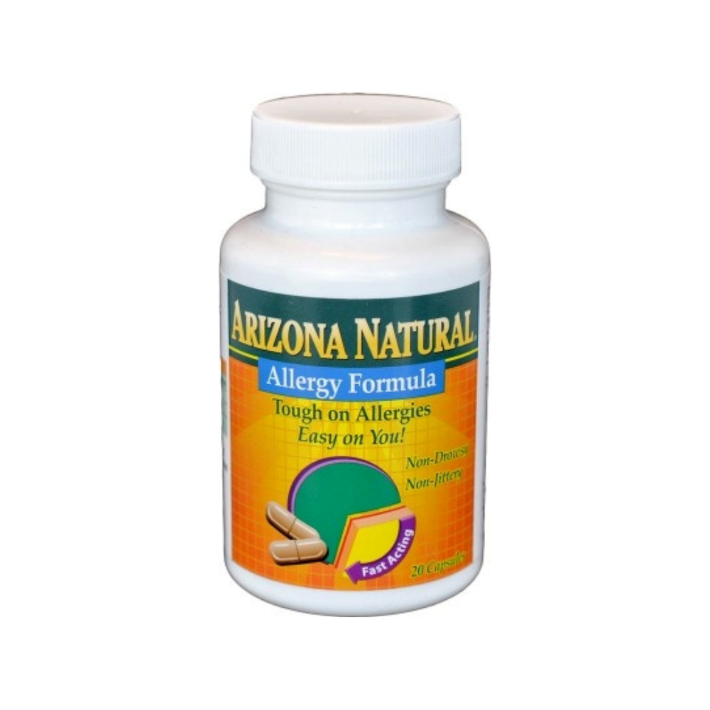New website, same quality supplements & vitamins! Share feedback

Allergy Prevention
Spring is in full bloom and so are seasonal allergies! Seasonal allergies are a common problem that affect millions of people every year. If you're one of them, you know how frustrating it can be to deal with symptoms like sneezing, itchy eyes, and a runny nose. The good news is that there are several steps you can take to prevent seasonal allergies from ruining your day.
Allergy prevention can involve several different strategies, including:
Avoiding allergens: If you know you have a specific allergy, the best way to prevent an allergic reaction is to avoid exposure to the allergen as much as possible. This may mean avoiding certain foods, staying indoors during high pollen count days, or using hypoallergenic bedding.
Keeping a clean environment: Regularly cleaning your home and work environment can help to reduce the amount of allergens in the air, such as dust, mold, and pet dander.
Managing stress: High levels of stress may weaken your immune system and make you more susceptible to allergies. Finding ways to manage stress, such as through exercise, meditation, or counseling, can help to reduce your allergy symptoms.
Eating a healthy diet: Eating a diet rich in fruits, vegetables, and lean protein may help to support a healthy immune system and reduce inflammation, which may help to reduce your allergy symptoms as well.
Using medications: If you have severe allergies, your doctor may prescribe medications such as antihistamines, decongestants, or corticosteroids to help manage your symptoms. It's important to use these medications as directed and to talk to your doctor if you have any concerns or questions.
Some supplements may also help aid the severity of allergy symptoms, including:
Probiotics: Probiotics are live bacteria that may be good for your digestive system. Some studies have suggested that certain strains of probiotics may aid allergy symptoms by modulating the immune system.
Vitamin C: Vitamin C is an antioxidant that may help support healthy inflammation. Some research has suggested that taking vitamin C supplements may help aid allergy symptoms.
Quercetin: Quercetin is a flavonoid that may help with anti-inflammatory support. Some studies have suggested that quercetin supplements may also help aid allergy symptoms.
Allergy Formula: This effective combination of Traditional Chinese Medicines, Vitamin C, and Quercetin is tough on allergies. It may provide temporary relief of sneezing, runny nose, nasal and sinus congestion and itchy eyes.





